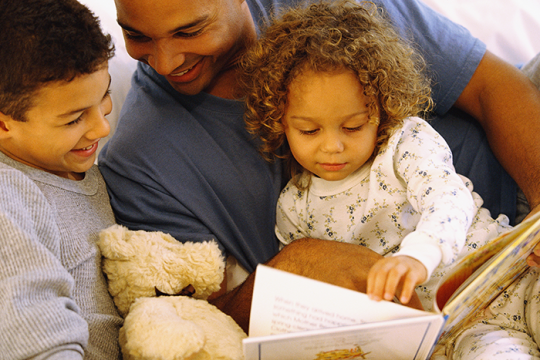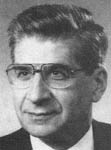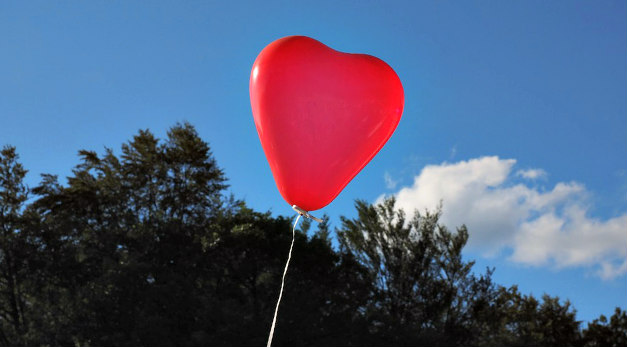
The COVID-19 crisis has brought out the best and the worst in humanity.
On the one hand, doctors, nurses, and hospital aides are risking their lives every day by caring for the sick. On the other hand, some selfish people are hoarding essential supplies and even profiteering. We can pray that they may regain a sense of responsibility toward others.
I’ve recently seen two scenes on television that have stayed with me: One testifies to the goodness of people; the other testifies to the selfishness of people.
The first pictures a woman who celebrated her 100th birthday in a senior citizens home in California. Prohibited from entering the facility, her guests – children, grandchildren, and friends – gathered outside her window holding signs and singing songs to her, even though they knew she couldn’t hear them through the glass barrier. You could see this woman smiling and blowing kisses to the people who had come to honor her on her birthday. You could see the joy and the pride on her face.
I find myself smiling every time I think about that scene, for it exemplifies the goodness and the kindness of people in this time of tension and anxiety.
I had the opposite feeling when I watched a telecast of college students playing volleyball on Fort Lauderdale beaches during spring break.
Do these kids really believe they are invulnerable to the virus? Don’t these they realize that when they go home, they risk infecting their parents and grandparents? Do they think old people no longer matter, that older people no longer have something to contribute to society?
If that is their belief, I would tell them as clearly and bluntly as I can that what they are thinking is the very opposite of Judaism.
All people are equally precious in the sight of God – all colors, all ages, all economic statuses. Writing off our elders also defies the fifth of the Ten Commandments, “Thou shalt honor thy father and thy mother,” which is a cornerstone of civilized society.
Further proof can be found in this midrash, from which the sages of the Talmud drew the following lesson from the golden calf episode at Sinai.
When Moses came down from the mountain and saw the people caught up in a pagan orgy, he angrily smashed the set of holy tablets he had brought down from on high. He then ascended Mount Sinai again, brought down a second set of the tablets, and placed them in the ark of the covenant.
What became of the broken tablets? The sages say Moses put them into the ark, too – right next to the second set.
Why? To teach us that old people who have lost their memory and who can no longer teach are worthy of just as much respect as those who are still well.
I recently read an article by a gerontologist about an 87-year-old patient who had serious problems with her heart, kidneys, spine, and joints. Many doctors wouldn’t spend the time to deal with her. They would never know that, beyond her health problems, “she is newly retired from her position at a local social service agency, and she is described by her friends and family as the strongest person they’d ever met in their lives. She made me laugh out loud several times during our meeting.”
“We have a choice in these difficult times,” the doctor wrote. “We can either diminish our elders or support them. It is not an easy choice to make. But we should know that how or whether we care for them will not only determine how or whether they live. It will also determine how and whether we live when we reach their age.”
If I had one medical treatment available and two people who needed it – one old and one young – I don’t know what I would do. The very idea of having to choose between the two is obscene, but sometimes there is no right decision.
Sometimes our doctors will have to make impossible choices, and their only option will be to make the choice that they feel is less terrible.
My sympathy goes out to those who face this impossible choice, and my prayer is that they make it with respect and regret, with trepidation and hesitation.
I pray, too, that this pandemic may be lifted speedily from this planet – and when it is, may we be able to look back without shame at the way we behaved and how we treated one another.
For additional content related to the COVID-19 pandemic, including rabbinic commentary like this one, visit our Judaism Under Quarantine page.
Related Posts
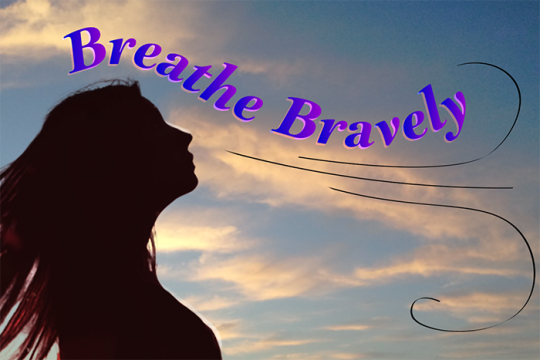
Breathe Bravely
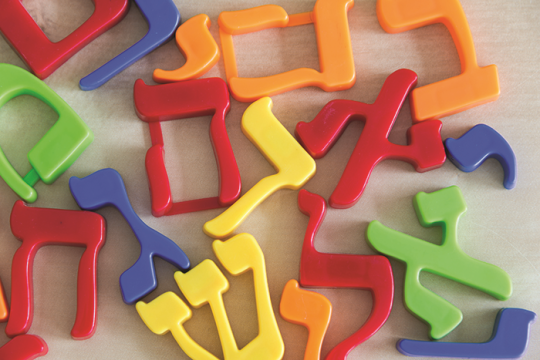
Eight Hebrew Words and Phrases You Can Use Every Day!
